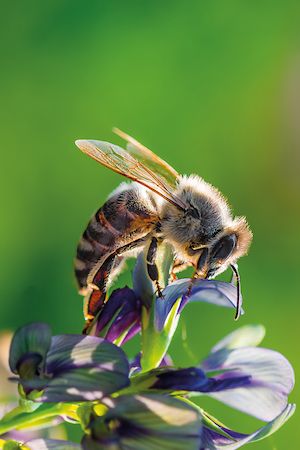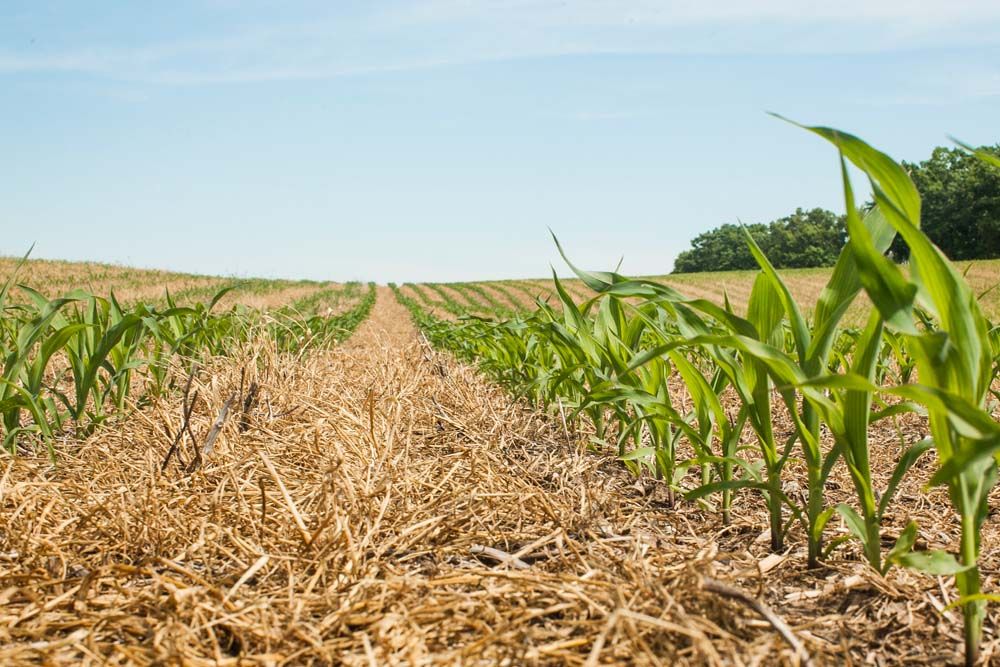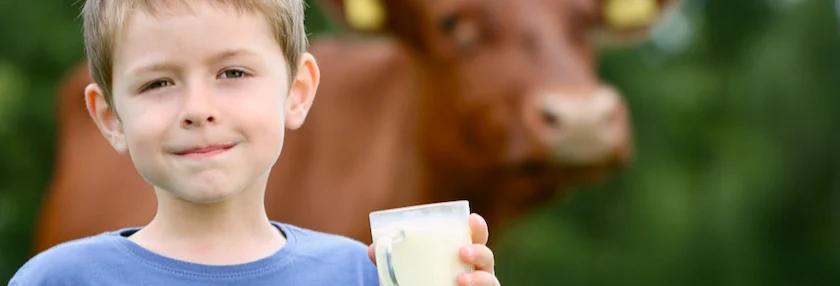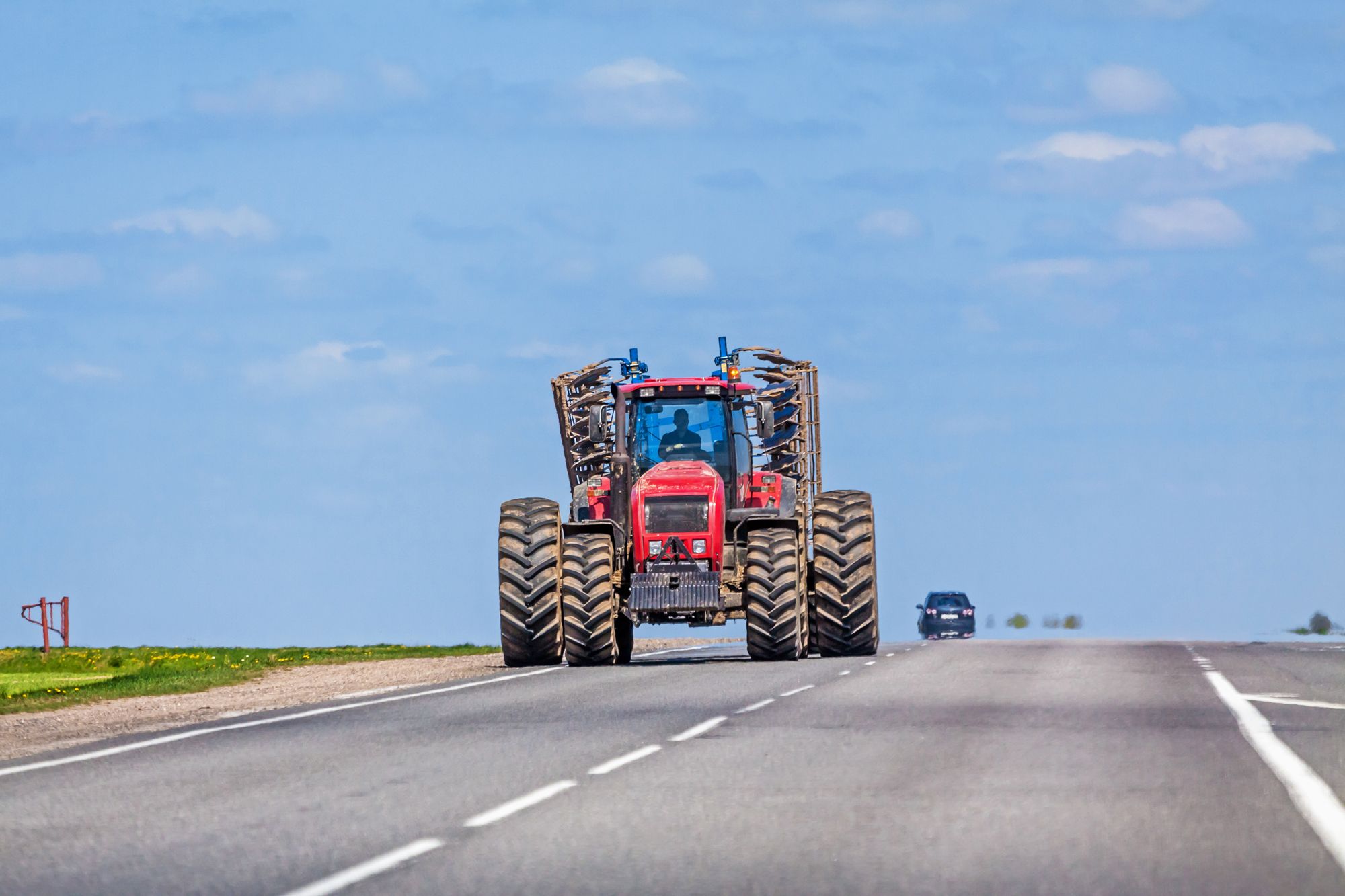Bee-ing Thoughtful About Pollinators


How farmers help bees
It’s no secret the bee population around the world has had periods of decline. Their biggest threats appear to be habitat loss, overpopulation of hives, insect infestation and natural predators, harsh winters, weather patterns, and varroa mites, to name a few.
Humans in general can be guilty of killing bees for fear they may get stung; however honeybees are actually quite docile.

A big loss
According to Auburn University, U.S. beekeepers reported high colony loss rates between April 2020 and April 2021: Approximately 45 percent of managed honey bee colonies were lost.
“This year’s survey results show that colony losses are still high,” said Nathalie Steinhauer, science coordinator and a postdoctoral researcher in the University of Maryland Department of Entomology. “Not all beekeepers are affected at the same intensity, but the turnover rate of colonies is still overall higher than beekeepers deem acceptable, “she said.
Normal or acceptable turnover is defined at about 20 percent, experts say.
“We should remember, however, that loss rates are not the same as population decline. The recent numbers of honey bee colonies in the U.S. are relatively stable despite those high losses,” she noted.
Bees play a crucial role in maintaining food security and pollinate approximately $15 billion in food crops each year in the U.S. alone. Indeed, bees are one of the greatest pollinators in the food industry which contribute to the pollination of more than a third of the plants that produce 90% of global food.
There is potentially no alternative pollinator in a world without bees.
Additionally, bees are instrumental to sustainable farming, increasing agricultural produce and quality while making plants resistant to pests. They also act as active agents of environmental protection and biodiversity preservation.
Therefore, it makes sense for farmers to introduce bee-friendly solutions that can help reduce the decline in the bee population worldwide.
GMOs actually help bees survival
GMOs can be a controversial topic with the general public, often blamed for many woes. However, contrary to common misinformation, GMOs are not responsible for bee death and actually can contribute to greater survival in bee colonies.

GMOs require fewer harmful chemicals and insecticides, making these crops much safer for bees than they used to be. Look for scientific advancements in the long term to help support the bee population through genetic modifications of both plants and bees.
Keep your eyes peeled in the future for varroa mite resistant bees!
Hay and pollinator habitats
Hay comes in many forms and shapes and an increasing number of farmers are considering using plants that are bee-friendly to produce hay. When hay bales come from a bee-conscious environment, you know you are supporting bee colonies. Alternatively, you can also create your own cattle hay using bee-friendly plants like native grasses.
Get with your local gardening centers, FSA office, entomology labs or University extension agents to see what mixes work best in your area.
Farmers can provide shelters for bees
A variety of factors contribute to the death of bees, including the destruction of their habitat by human infrastructure. Yet, farmers can play an active role in the protection and preservation of bees by providing adequate support.
Indeed, shelters can make a huge difference in the survival rates. Unlike honey bees that build wax, many native bees require safe nesting places in dead trees, the ground, or even abandoned burrows. Providing an area with sufficient sheltering options in the close vicinity of crops and flowering plants can help more bees survive.
Farmers can also educate
Producers who sell directly to consumers at a market or through a farm shop have the perfect opportunity to educate about your bee preservation activities. Helping people understand the importance of bees can also drive an interest in supporting your action.
Bees are often killed out of fear by individuals who are worried about getting stung. Educating your customers could make a huge difference in supporting the bee population.
On-farm diversification is also important and it’s not uncommon to see farms incorporate bees into pollination efforts on their homesteads. Introducing protective solutions to keep pollinators safe starts now for the future of the planet.
Tags:The Farm Babe

Acreage Life is part of the Catalyst Communications Network publication family.
















